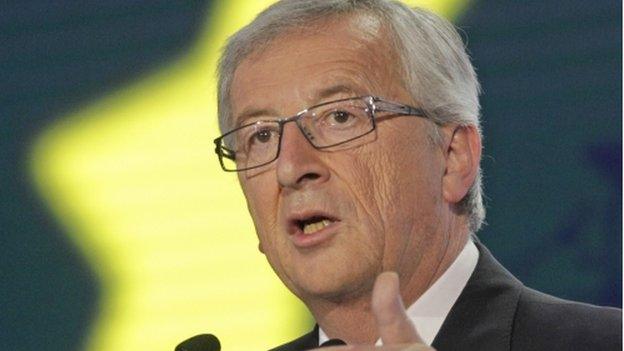Juncker tells EU leaders to pick more female Commission candidates
- Published
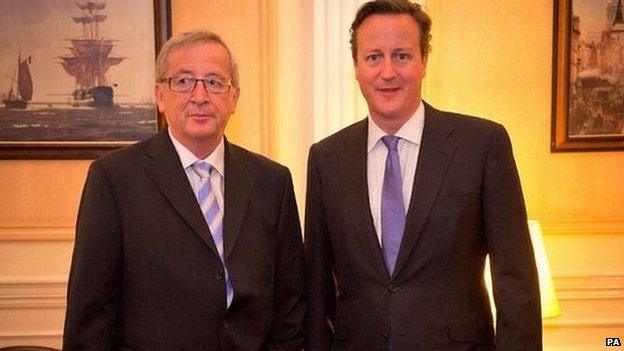
David Cameron was one of two EU leaders to oppose Mr Juncker's candidacy
Jean-Claude Juncker, the head of the European Commission, is urging EU member states to pick more female candidates to serve on his top team.
The UK is among a number of governments to have nominated a man for one of the top jobs in the EU's executive body.
Mr Juncker said a Commission without a strong female representation would "neither be legitimate nor credible".
But No 10 said Mr Juncker had not been in touch to raise concerns about the gender of the UK's male candidate.
David Cameron surprised many in Westminster last month when he chose Lord Hill, the former leader of the House of Lords, to be the UK's next representative on the European Commission.
No 10 has said it hopes he will get one of the top economic jobs, which include competition, trade, the internal market and digital services.
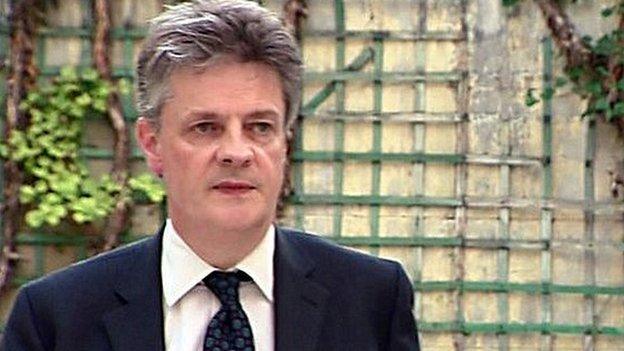
Lord Hill has spent time in both business and government
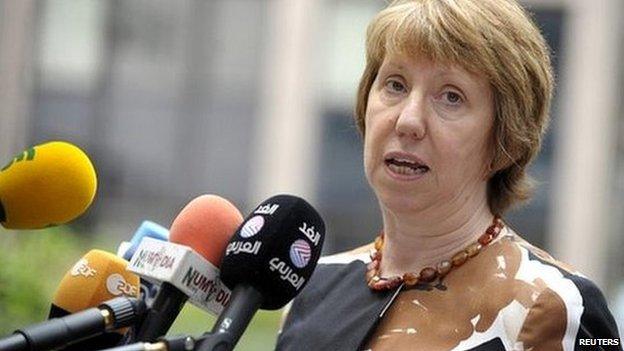
Baroness Ashton was the UK's first female commissioner when chosen in 2009
No 10 has insisted Lord Hill, who was an adviser to John Major during negotiations on the Maastricht Treaty, has the right skills and experience to make the UK's influence felt at a time when Mr Cameron wants to renegotiate the country's membership and hold a referendum on its future in the EU in 2017.
EU leaders will discuss the allocation of jobs at a summit in Brussels this weekend, with the focus expected to be on who will succeed the UK's Baroness Ashton as High Representative for Foreign Affairs and Security Policy.
Mr Juncker, the former Luxembourg prime minister whose appointment was opposed by Mr Cameron, said he was unhappy with the gender ratio of the nominations he had received and was appealing to several EU leaders to reconsider them.
All other 27 member states - excluding Luxembourg - get to nominate one candidate each and they all have to be ratified by the European Parliament before taking office in November.
'Important jobs'
France, Germany, Spain, Greece and Ireland have also nominated male candidates, with Sweden and Italy among only a handful of the EU's 28 members to have selected women.
"A Commission without a significant number of women is, in my view, neither legitimate nor credible," Mr Juncker told Austria's Der Kurier newspaper, external.
"That is why I am continuing to insist with several heads of state and governments that they send me a female candidate."
If there continued to be an imbalance between male and female nominations, he said he would "need to redress" this through his allocation of jobs.
"Female commissioners will then certainly have very good chances of landing an important portfolio or of getting one of the most sought-after posts of vice-president, acting as my deputies."
The BBC's political correspondent Carole Walker said Downing Street had made clear Mr Cameron and Mr Juncker had not spoken since meeting in July - after the latter's candidacy was approved by EU leaders.
The UK government, she added, wanted appointments to the commission to have a balance in terms of gender, geography, small and large countries, old and new EU members.
Baroness Ashton was the UK's first female commissioner when she was chosen by Gordon Brown in 2009. She has served as vice-president of the Commission as well as High Representative.
- Published15 July 2014
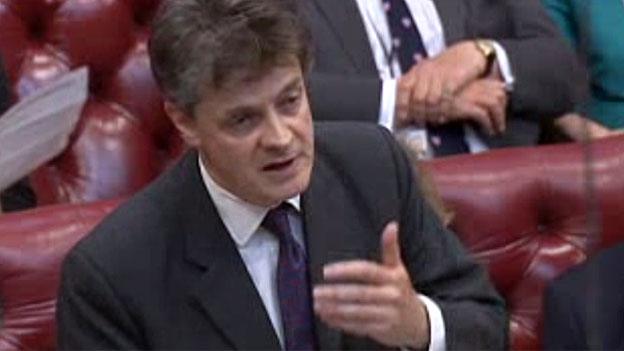
- Published15 July 2014
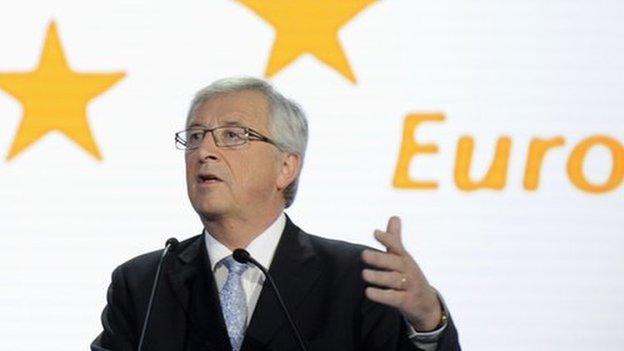
- Published30 June 2014
